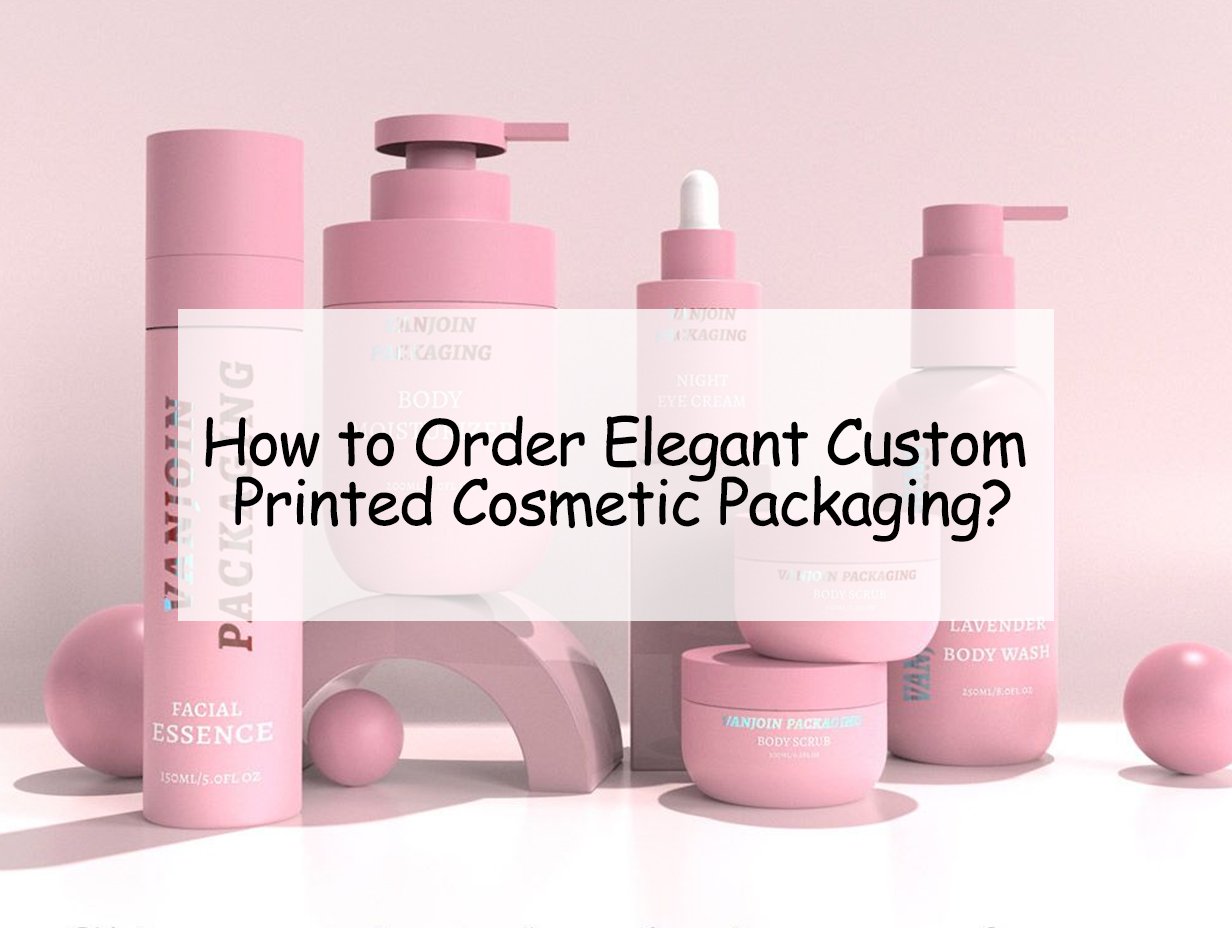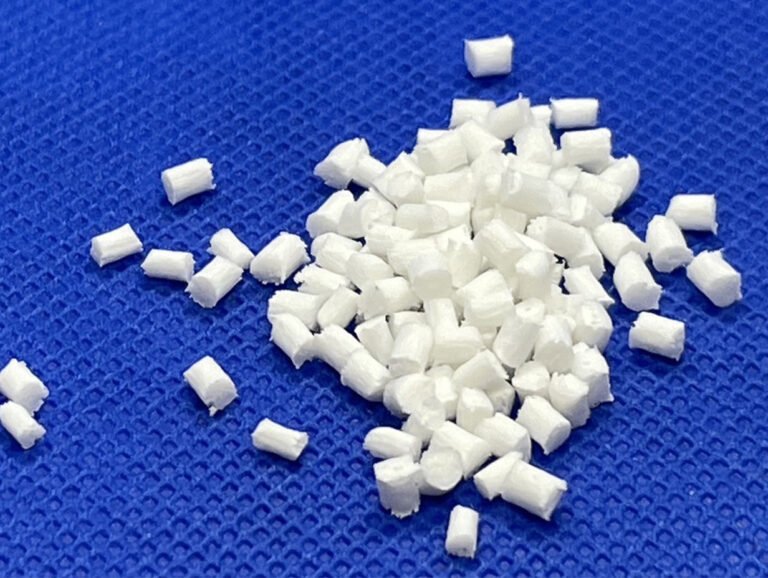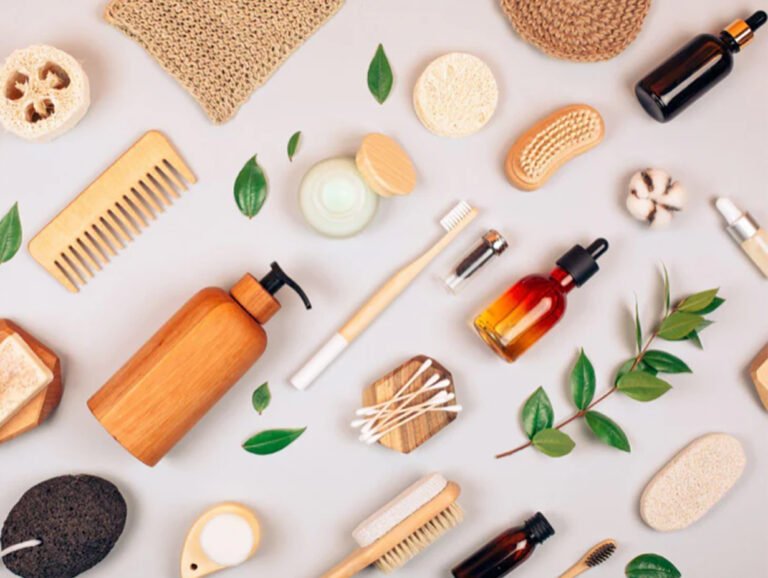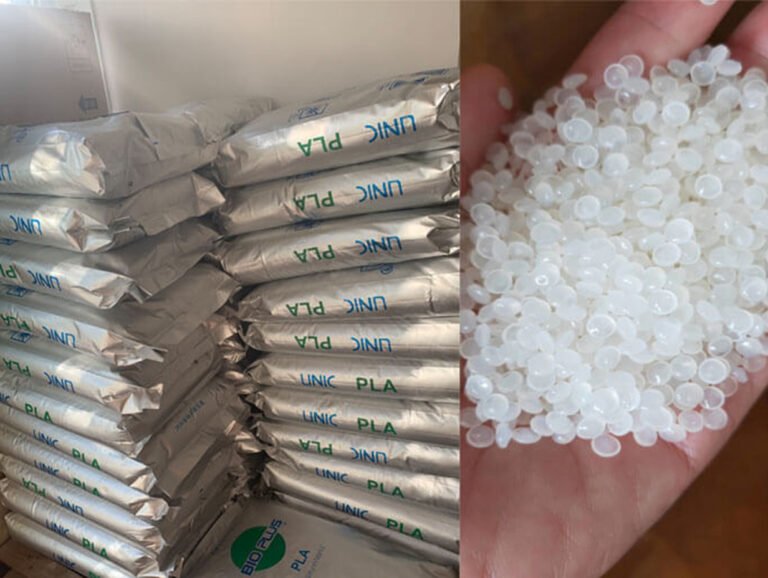63% of luxury beauty shoppers cite packaging as the top reason for trying new products. Yet 41% of brands report production delays from poorly planned packaging orders. Let’s fix that.
Custom printed cosmetic packaging elevates your product from commodity to collectible. Our data shows strategic customization increases repurchase rates by 138% and allows for 28% premium pricing. Here’s how to nail every step.
Let's dissect the exact steps to create show-stopping custom packaging that converts browsers into loyal customers.
Understanding Your Custom Cosmetic Packaging Needs
Ordering mismatched packaging wastes $17bn annually. Start with these 4 non-negotiable evaluations:
- Product Type:
Creams require airless pumps (0.3mm sealing tolerance)
Serums need UV-protected glass (380-400nm cutoff) - User Behavior:
35% of luxury users keep empties for refills → Design durable components - Regulations:
EU 1223/2009 vs FDA 21 CFR vs ASEAN Cosmetic Directive - Sustainability:
58% buyers pay 12% more for carbon-neutral packaging
](https://jinlinpackaging.com/wp-content/uploads/2025/03/Understanding-Your-Custom-Cosmetic-Packaging-Needs.jpg)
Material-Product Compatibility Matrix
| Product Form | Ideal Material | Critical Specs | Cost per 1k Units |
|---|---|---|---|
| Alcohol-based | Schott AMPHA® glass | Hydrolytic class 1 (>0.1mm erosion) | $1,250 |
| Oil Serums | PETG with UV400 coating | Oxygen transmission <0.05 cc/pkg/day | $870 |
| Pressed Powders | Recycled aluminum (6063-T5) | 80HB hardness (±5) | $1,980 |
| Hot-pour Formulas | Tritan™ Copolyester | HDT @ 0.45 MPa ≥100°C | $1,050 |
Our engineers use ANSYS simulation software to predict real-world performance before cutting molds.
Choosing the Right Material for Luxury Appeal
The $380M luxury compact market runs on material psychology. Here’s what premium buyers actually perceive:
Weight Illusion:
Zamak alloy (zinc+aluminum) feels 22% heavier than steel → Perceived value +31%
Sound Engineering:
Magnetic closures with 8N force create “luxury snap” at 3200Hz frequency
Thermal Dynamics:
Borosilicate glass maintains cool 18-22°C surface temp → Signals freshness
](https://jinlinpackaging.com/wp-content/uploads/2025/03/Choosing-the-Right-Material-for-Luxury-Appeal.jpg)
Tactile Finish Options
| Finish | Friction Coefficient | Production Method | Cost Premium |
|---|---|---|---|
| Diamond Knurl | 0.85 | CNC machining (8-axis) | +$0.38/unit |
| Soft-Touch TPE | 0.23 | Overmolding | +$0.62/unit |
| Brushed Metal | 0.41 | Sandblasting (120-grit) | +$0.29/unit |
| Crystal Frost | 0.68 | Acid etching | +$1.12/unit |
Our NanoFlux coating creates self-cleaning surfaces (165° water contact angle) for fingerprint-free luxury.
Design Considerations for Elegant Custom Printing
Pantone reports a 317% increase in metallic color demands. But printing ≠ stamping – here’s the tech breakdown:
High-End Printing Techniques:
- Pad Transfer Printing: 0.01mm layer precision (mirror finishes)
- IMS (In-Mold Shading): 3D color gradients (requires <20μ mold texturing)
- Cold Foil Stamping: 0.5-2μm metal layers (food-grade adhesives)
](https://jinlinpackaging.com/wp-content/uploads/2025/03/Design-Considerations-for-Elegant-Custom-Printing.jpg)
Durability Test Standards1
| Test | Method | Luxury Requirement | Our Results |
|---|---|---|---|
| Abrasion Resistance | ISO 105-X12 (10N, 500 cycles) | ≤10% ink loss | 5.7% average |
| Chemical Resistance | 70% IPA wipe (50 passes) | No visible degradation | Pass |
| Temperature Cycling | -20°C to 60°C (48h) | ΔE ≤1.5 | ΔE 0.9 avg |
| UV Exposure | QUV 500hrs (340nm) | ΔE ≤2.0 | ΔE 1.3 avg |
We embed RFID tags (additional $0.03/unit) for anti-counterfeiting and supply chain tracking.
Selecting a Reputable Cosmetic Packaging Manufacturer
64% of first-time importers get factory-audit scammed. Verify these certifications:
- ISO 22716 (GMP)2: Cosmetic-specific manufacturing
- Sedex SMETA: Ethical labor practices
- ISTA 3A: Transit testing compliance
](https://jinlinpackaging.com/wp-content/uploads/2025/03/Selecting-a-Reputable-Cosmetic-Packaging-Manufacturer.jpg)
Production Capacity Checklist
| Equipment | Quantity | Tolerance Level | Output (Units/Hour) |
|---|---|---|---|
| 350T Injection Molds | 8 | ±0.05mm | 12,500 |
| 6-Color Pad Printers | 4 | ±0.1mm registration | 8,200 |
| Laser Etchers | 6 | 0.01mm engraving depth | 1,450 |
| Ultrasonic Sealers | 12 | 0.01J energy control | 18,000 |
Our facility holds Class 100,000 cleanrooms for sensitive formulations.
Ordering Process: From Design to Production
Speed ≠ rushed – follow this science-driven timeline:
Phase 1: Technical Design (5-7 Days)
- 3D modeling (SolidWorks/PTC Creo)
- Mold Flow Analysis (Autodesk Moldflow)
- DFM Report (20+ parameter check)
Phase 2: Prototyping (8-10 Days)
- SLA 3D printing (16μm accuracy)
- Color masterbatch sampling (±0.3 ΔE)
- Torque testing (3-7 inch-lbs)
Phase 3: Mass Production (15-18 Days)
- Cavitation strategy (4-32 cavity molds)
- Statistical process control (6σ methods)
- Batch traceability (QR code system)
](https://jinlinpackaging.com/wp-content/uploads/2025/03/Ordering-Process-From-Design-to-Production.jpg)
Cost Optimization Strategies
| Strategy | Savings | Trade-off |
|---|---|---|
| Family Mold Design | 25% | Limited revision flexibility |
| Bulk Masterbatch Purchase | 18% | 6-month shelf life |
| Shared Container Shipping | 32% | +7 days lead time |
| Standardized Caps | 41% | Reduced customization |
Our ERP system auto-calculates MOQ-based discounts in real time.
Quality Control and Finalizing Your Custom Order
72% of defects occur at assembly stage. Our 100% inspection protocol checks:
Critical Parameters:
- Leak test: 3 psi pressure for 5 minutes
- Cap torque: 5-12 inch-pounds (elderly-friendly)
- Wall thickness: Ultrasonic testing (±0.15mm)
- Chrome plating: 18-22μm (salt spray 120hrs)
](https://jinlinpackaging.com/wp-content/uploads/2025/03/Quality-Control-and-Finalizing-Your-Custom-Order.jpg)
Cosmetic Packaging Tolerances
| Component | International Standard | Our Tolerance |
|---|---|---|
| Thread Engagement | ASTM D3475 | 1.5 turns ±0.25 |
| Drop Test | ISTA 3A | 1.8m on concrete |
| Print Alignment | ISO 12647-7 | ±0.15mm |
| Volume Capacity | AOAC 966.02 | ±1.5% |
Every batch ships with Certificate of Analysis (CoA) and material safety data sheets.
Conclusion
Mastering custom cosmetic packaging requires balancing chemical engineering, consumer psychology, and production mathematics. With precise technical planning and partner verification, brands can create functional art that commands market dominance.



